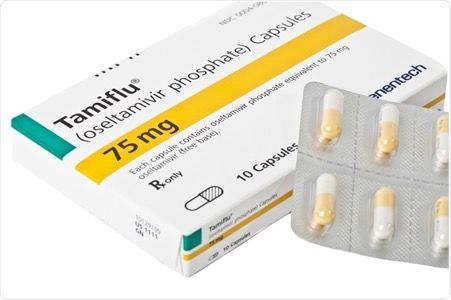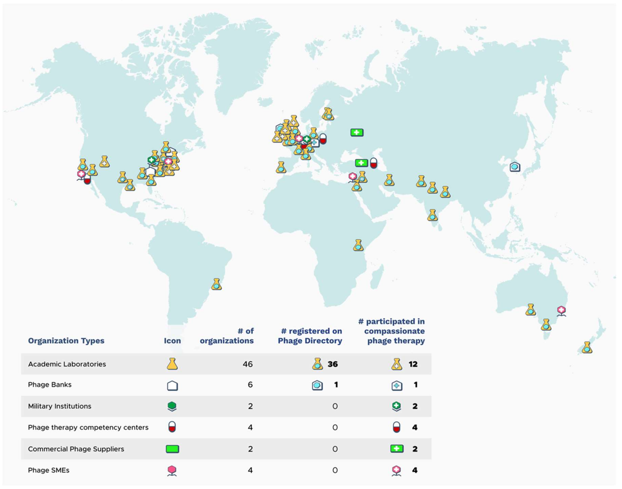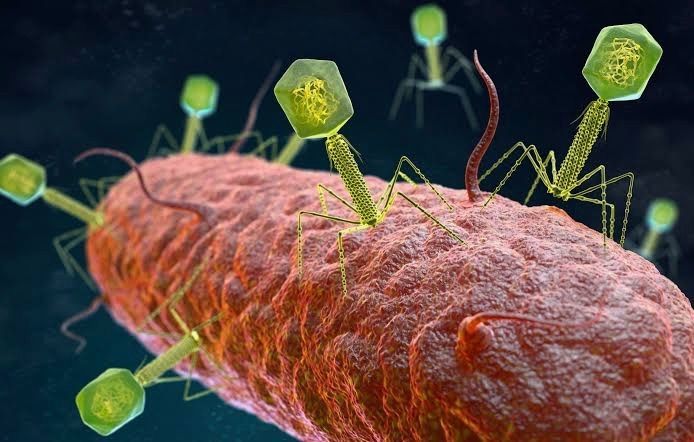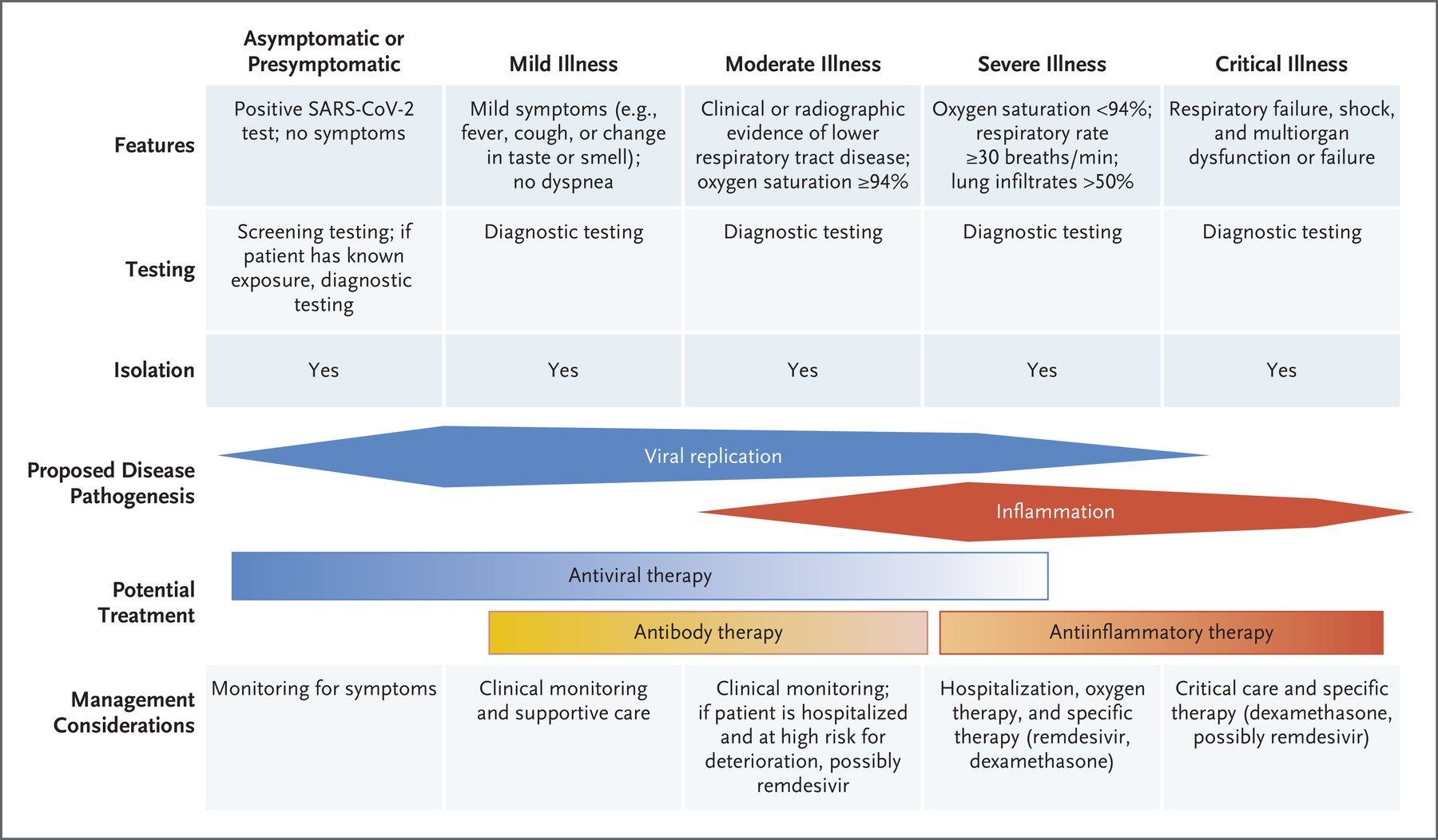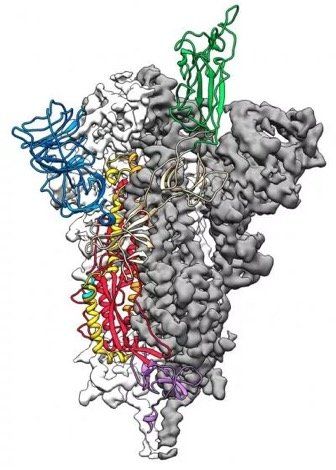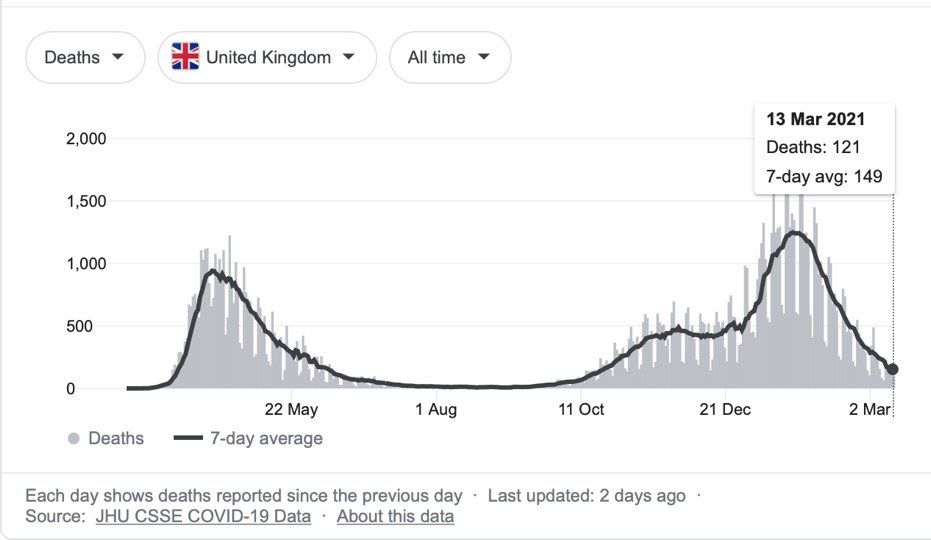Artificial Intelligence and Drug Discovery
Creating new and cost-effective medicines
Image source: FierceBiotech
Intelligent augmentation by artificial intelligence (AI) is becoming more commonplace in daily life thanks to the dramatic improvements that have been made in computing power over the past decades. Clearly, building machines that can sense, reason and think like people (“ general AI ”) is likely to remain in the realms of science fiction for some time. However, most of us are now familiar with the “narrow” AI used to solve specific problems such as speech and facial recognition every time we use our smartphones.
Not surprisingly, many pharmaceutical companies are now turning to machine learning and artificial intelligence as a way to make drug discovery quicker, cheaper and more effective. This was the subject of the excellent free to attend ELRIG networking meeting “Artificial Intelligence in Drug Discovery” held at the CRUK Cambridge Institute on 20th March 2019.
The event featured three interesting presentations by speakers from Cambridge University, AstraZeneca and Benevolent AI on how this technology is being used to facilitate the discovery of new drugs.
The use of AI to mine and exploit the drug-like chemistry space for the most promising candidate molecules to synthesise and test is particularly attractive, given the vastness of this space. In the last 40 years, the discipline of chemoinformatics has created a set of computational drug design tools, (e.g. QSAR ) that have been used in the discovery of most recent medicines. In the first talk, Andreas Bender ( Centre for Molecular Informatics , Cambridge University) explained how chemical data are now being combined with biological data to generate algorithms to determine the link between chemical activity and biological effect, and answer questions such as:
·what is the biological mechanism by which a drug exerts its phenotypic effects?
·which drug compound should be synthesised to have a specific biological effect?
·which patients will respond better to a particular drug?
These algorithms use molecular structure, phenotype, protein and mode of action data as the core data sets, as well as molecular pathway, bioactivity and phenotypic response data. Algorithms developed using such data sets had been successfully used to:
· Predict the protein targets of chemical compounds from phenotypic screening experiments;
·Identify drug compounds that induce differentiation of stem cells ;
·Predict drug compounds that modulate sleep and;
·Predict and prioritise drug combinations that improve the efficacy of anti-cancer treatment.
Bender highlighted the fact that poor understanding of biological systems still meant that the “unknown unknowns outnumber the known knowns”, so more data was needed to fill in the many gaps in understanding of the biology that still exist.
Drug discovery requires the optimisation of a range of different parameters in concert. In the second talk Adam Corrigan ( AstraZeneca ) gave an overview of how AZ is incorporating AI into early drug discovery , from efficient extraction of information from cellular screening assays using image analysis, to building computational models that can be used to predict compound activity. The goals of this work are to get a better understanding of the disease biology and make the discovery process more effective, predictive and economical. AI is being incorporated in all aspects of the drug discovery process at AZ, from robotics and assays through to data analysis and interpretation, with the aim of speeding up the entire design-make-test-analyse cycle of drug compound synthesis and testing. Certainly, AZ is making a strong commitment to AI and it will be interesting to see if this investment pays off in further reducing their phase II attrition rates, which have already improved from 4% in 2010 to 19% in 2016 on the back of their 5Rs framework.
In the third talk, Andrea Taddei talked about how Benevolent AI has identified candidate drug targets for motor neurone disease (amyotrophic lateral sclerosis, ALS ) using their AI platform. ALS results in the degeneration of motor neurones in the brain and spinal cord so activities such as gripping, speaking swallowing, walking and breathing become increasingly difficult, or even impossible, as the condition progresses. Life expectancy in people with ALS is between two and five years. Although Riluzole and Edaravone have been approved for use in ALS they have a modest improvement on survival and quality of life, so there is a high unmet medical need to develop more effective therapies for ALS. The Benevolent AI platform is a cloud-based representation of over a billion known and inferred relationships between genes, disease, symptoms, diseases, proteins, tissues, species and candidate drugs. “Knowledge graphs” of genes associated with a disease, or drugs that affect the disease are produced by querying this repository and contextualise this information aiding the generation of hypotheses that can be tested experimentally. Using this approach, Taddei described how Benevolent had used their platform to identify a list of existing drug compounds that might have potential as treatments in ALS.Drugs against the five most promising targets identified were tested by the Sheffield Institute for Translational Neuroscience ( SITraN ) and one was identified as having therapeutic potential. Further testing using in vitro co-cultures of ALS patient-derived astrocytes and motor neurons, and in vivo mouse models of ALS provided further support for this lead target and it is now being developed for use in clinical trials. If Benevolent is successful in developing a new treatment for ALS based on AI approaches it will be an important milestone in proving the concept for AI-driven drug discovery.
As with all new technologies, there are enthusiastic proponents and sceptics about the impact that AI will have on drug discovery. What was clear from the talks at this meeting is that data, and lots of it, are one of the key requirements to making progress in this area. Time will tell how valuable AI will be, but if the impacts in other areas of society are any benchmark, I believe AI can make a significant impact by greatly augmenting our ability to mine biological data and extract therapeutically important insights, as well as greatly improve many of the interconnected processes that typify modern drug discovery.
